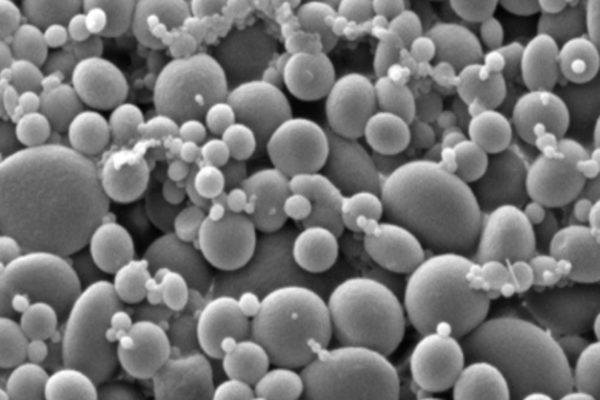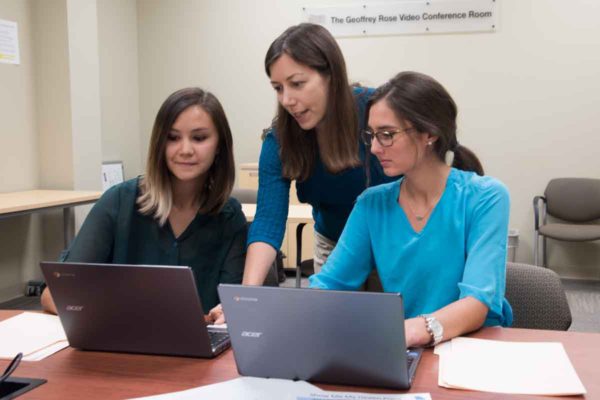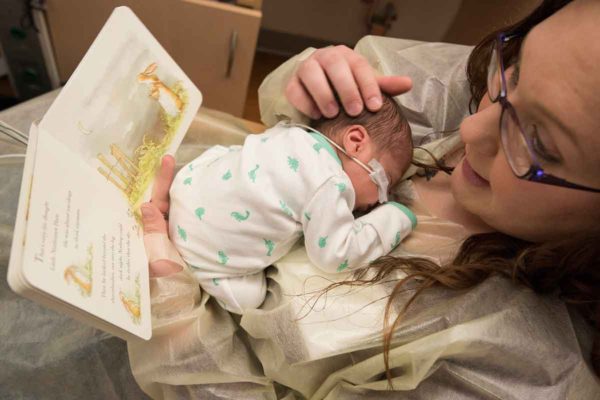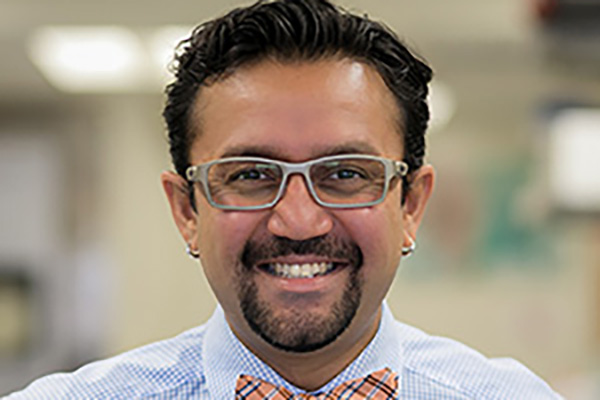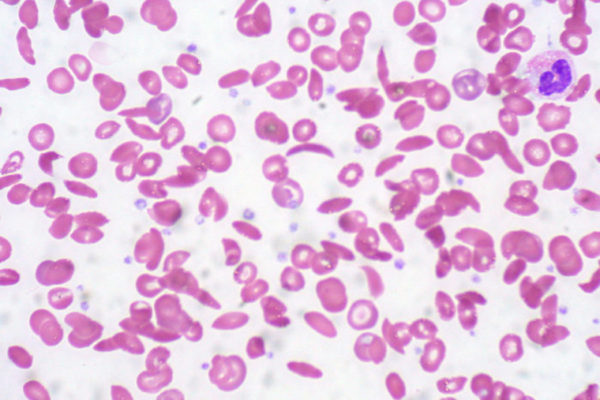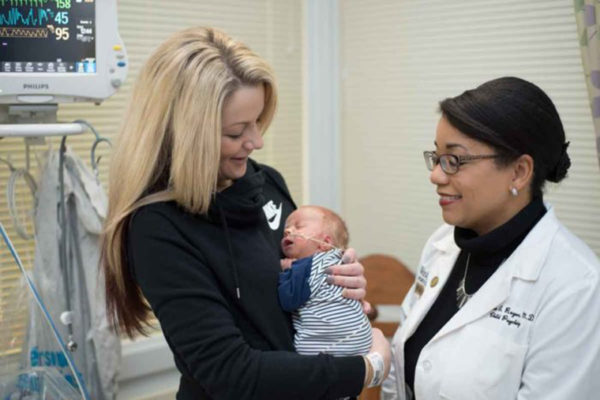Better than a pill
With a new $1.7 million award from the National Institutes of Health, a team from Washington University in St. Louis plans to develop a silk-based system to better alleviate the pain and discomfort of osteoarthritis.
Brain network connections may underlie social behavior linked to autism
Researchers at School of Medicine, with colleagues from the multicenter Infant Brain Imaging Study (IBIS) network, have found associations between brain connectivity and a key social behavior that is a central feature of autism.
WashU Expert: Advice to keep the vulnerable insured
Mary Politi, associate professor in the Department of Surgery at Washington University School of Medicine in St. Louis, is a clinical psychologist with research and expertise in policy, health care and health insurance decision-making. She offers this advice to the president and cabinet members regarding the Affordable Care Act also known as Obamacare: As the Trump […]
NICU study highlights importance of sound
Premature babies often spend the first several weeks of life in neonatal intensive care units (NICUs), where, ideally, they are protected from too much noise stimulation. However, researchers at the School of Medicine have found that preemies may be exposed to noise levels higher than those deemed safe by the American Academy of Pediatrics.
Effort to improve radiation therapy for veterans receives nearly $4 million
In a national effort to improve and standardize radiation therapy for U.S. veterans with cancer, the Veterans Health Administration (VHA) has contracted with Washington University School of Medicine in St. Louis for an additional $3.8 million to fund the project.
WashU Expert: Advice to Trump Administration
Gautam Dantas is associate professor of molecular microbiology and of pathology and immunology at Washington University School of Medicine in St. Louis and associate professor of biomedical engineering in the School of Engineering and Applied Science. He is a leader in the fields of antibiotic resistance and drug discovery: President Trump touts his interest in promoting American greatness. […]
WashU Experts: The First 100 Days
America spoke in November, one month after the candidates collided in the presidential debate held Oct. 9 at Washington University in St. Louis. In the days that followed the historic 2016 election, faculty experts across campus offered their perspectives on the economy, the legislative responses, the cultural and global ripple effects.
Drug combination effective against chikungunya arthritis in mice
Combining a drug for rheumatoid arthritis with one that targets the chikungunya virus can eliminate the signs of chikungunya arthritis in mice in the disease’s earliest stage, according to researchers at Washington University School of Medicine in St. Louis.
$4 million funds study of sickle cell disease in teens, adults
Allison A. King, MD, PhD, a highly regarded sickle cell disease researcher at Washington University School of Medicine in St. Louis, has received a six-year, $4.3 million grant from the National Institutes of Health (NIH) to further her investigations into the disease.
Early signs of anxiety, depression may be evident in newborns
Early predictors of anxiety and depression may be evident in the brain even at birth, suggests a study at Washington University School of Medicine in St. Louis.
Older Stories
